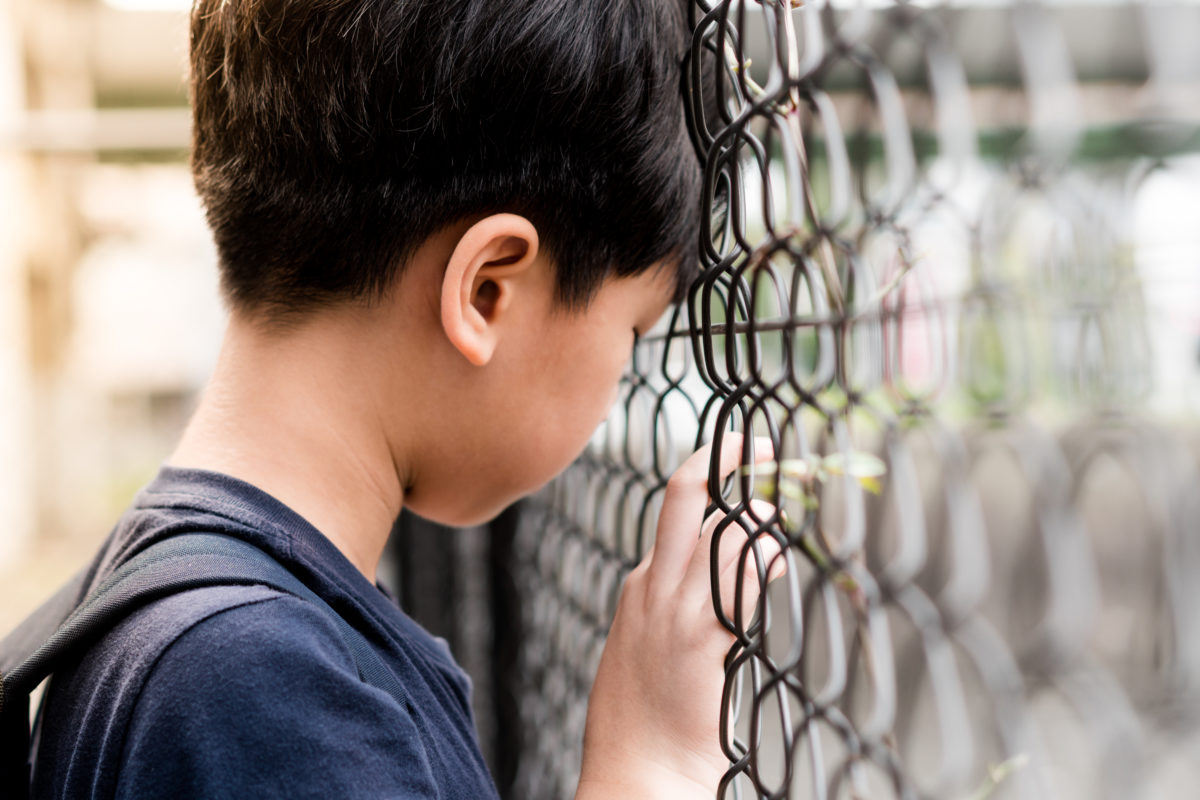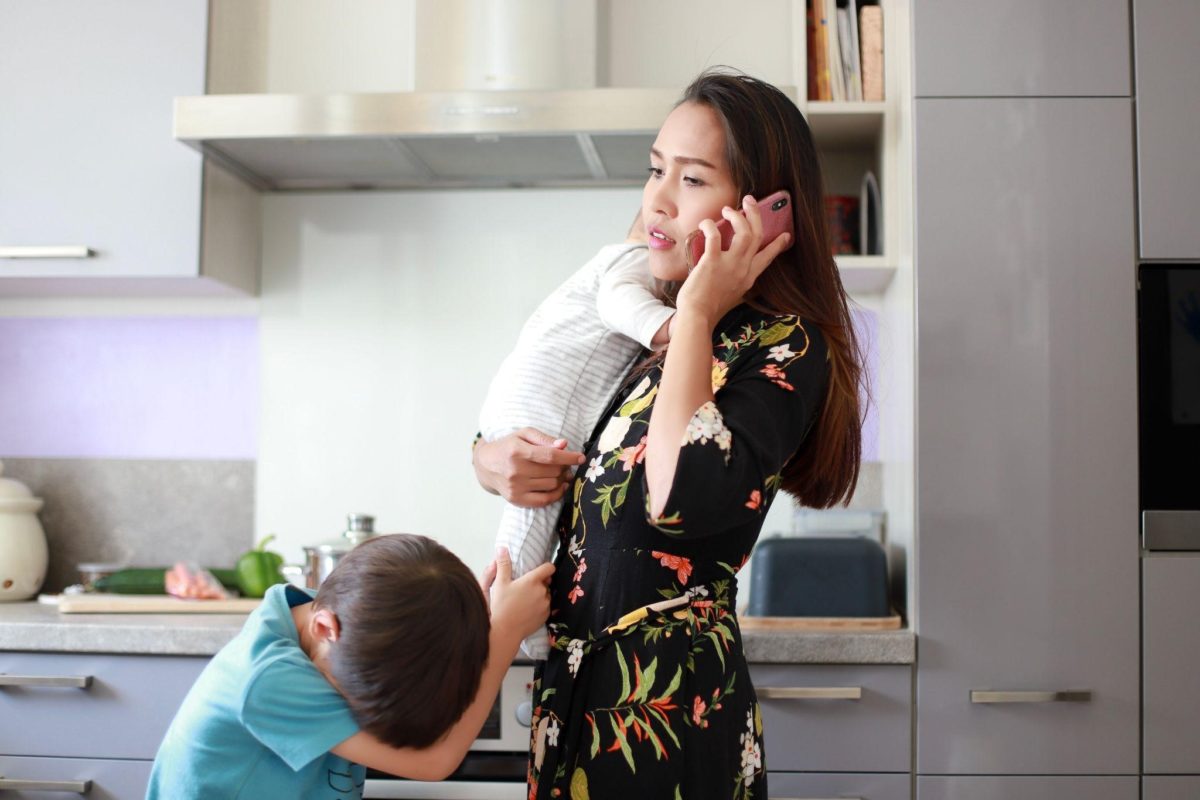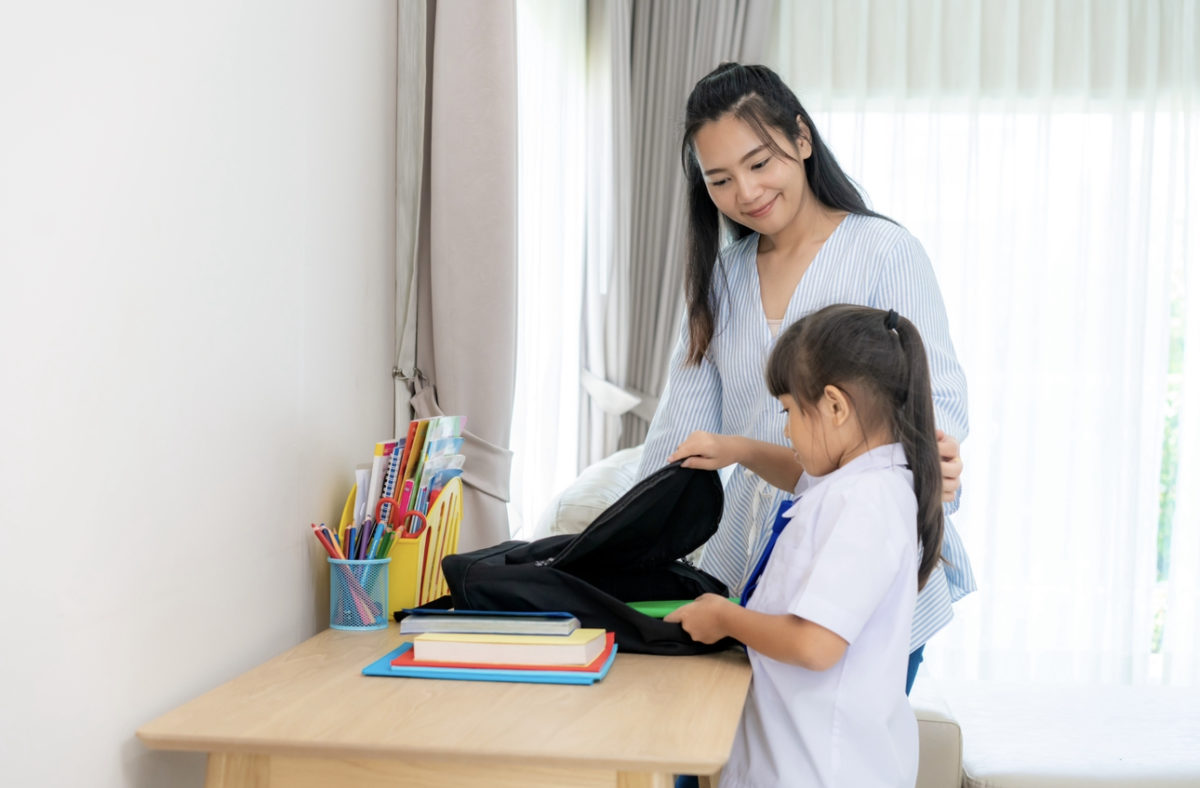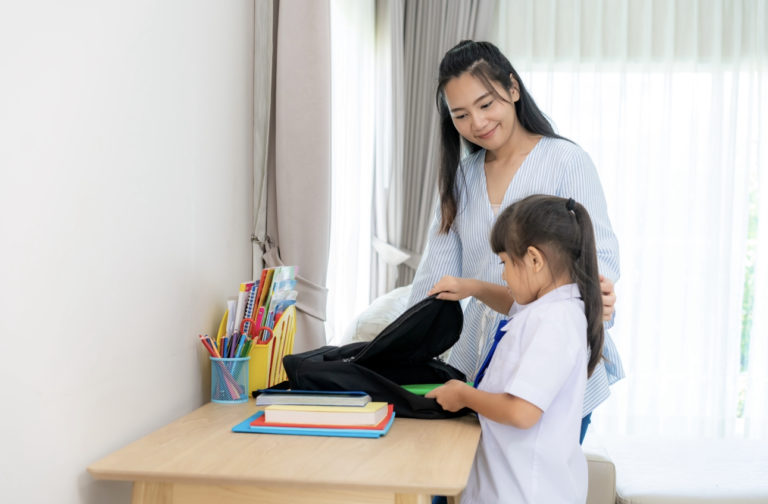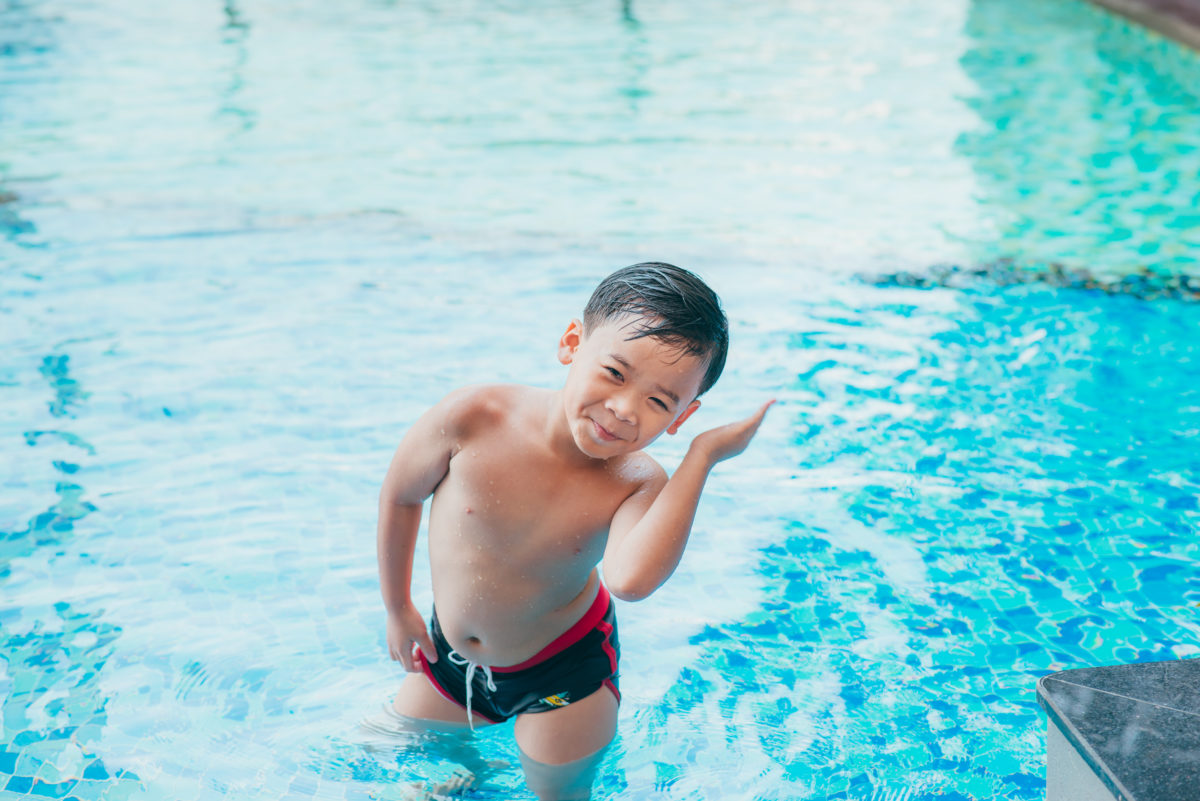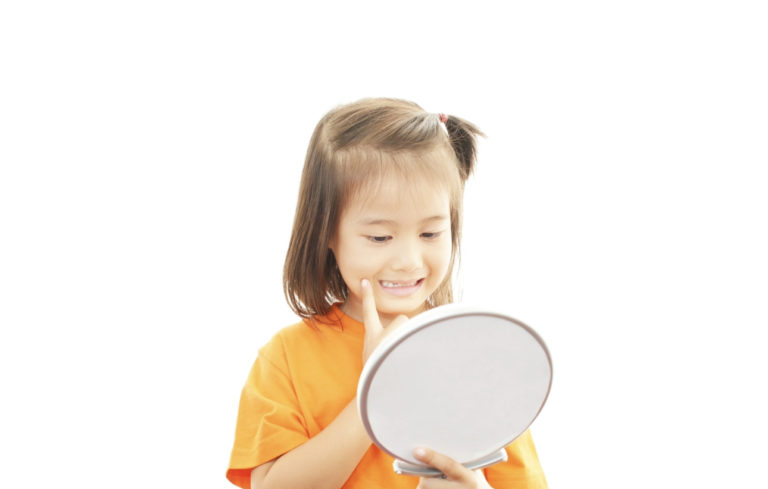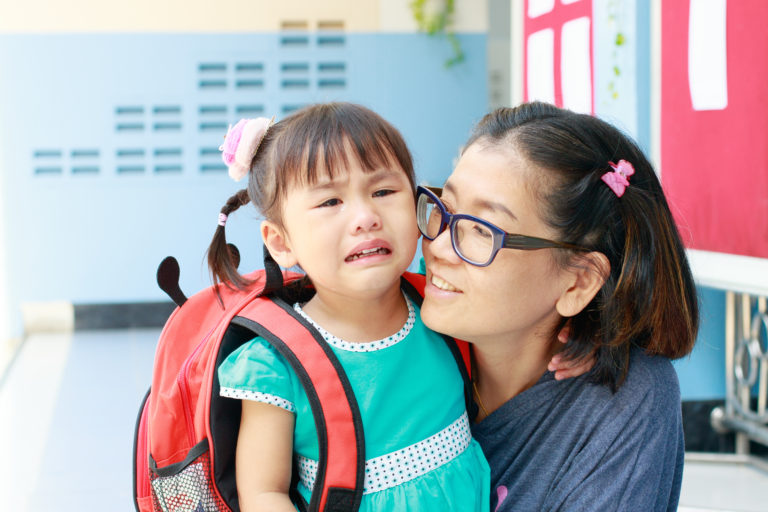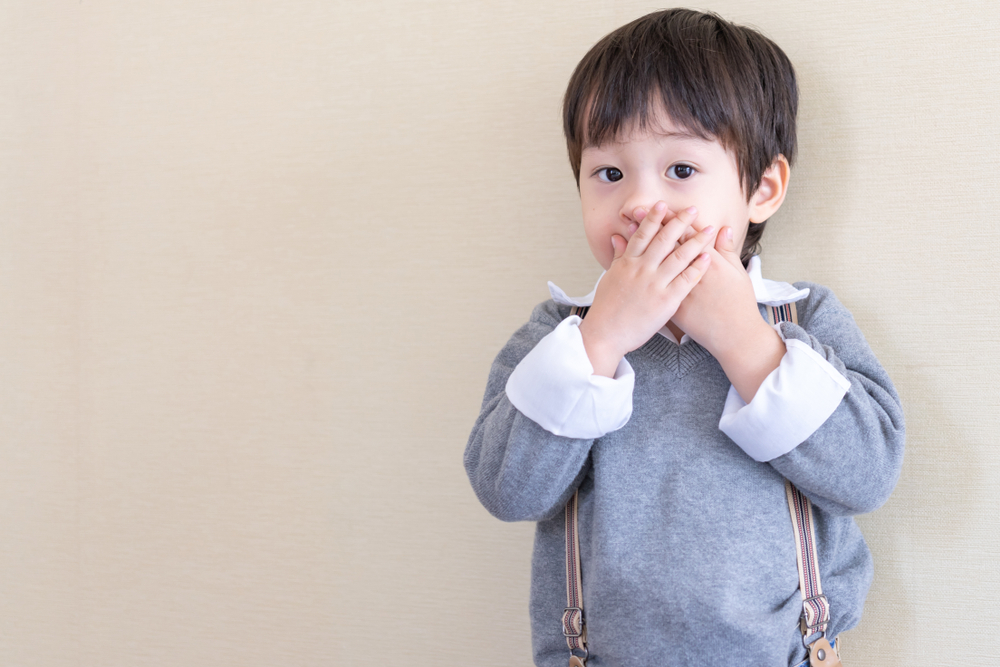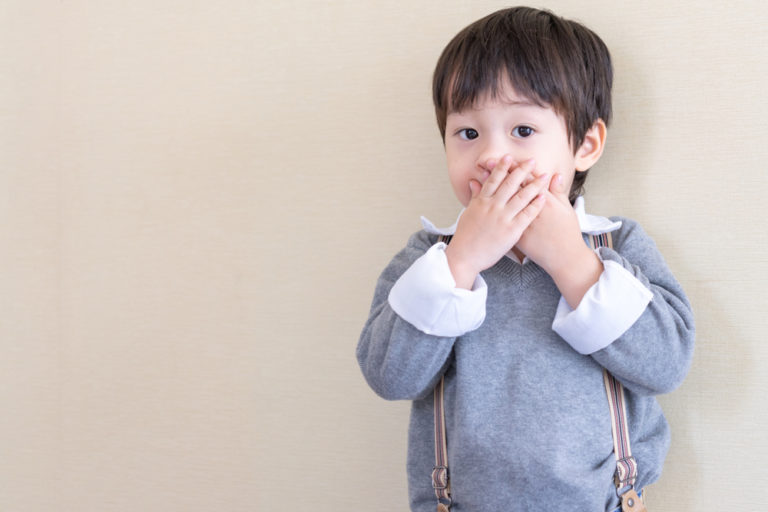Parenting Tips
system
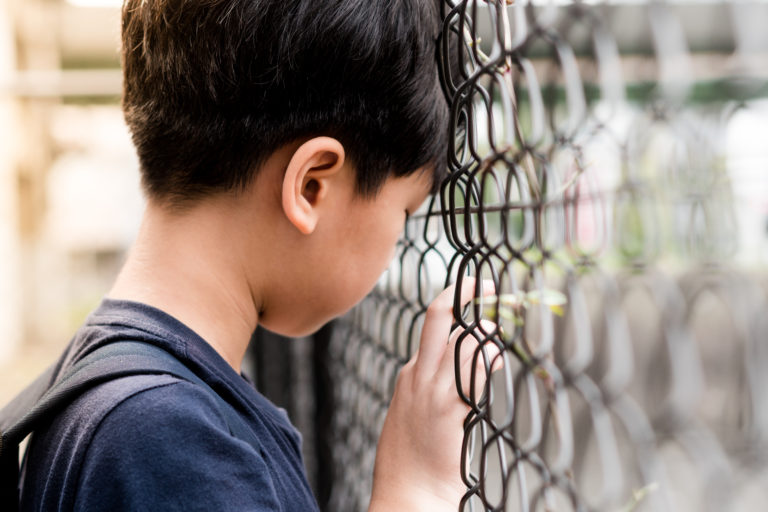
Source: Marriage and Family Therapist, Ng Yee Kam
When a child enters first grade and fails to adapt, some may frequently express their longing for their mothers at school and even experience a loss of appetite. Parents are concerned about their child’s anxiety and may continuously tell them, “As long as you do your best, Mom doesn’t care about grades!” But does this approach effectively address the child’s anxiety, or does it backfire?
First of all, parents need to understand that the transition from kindergarten to first grade is a significant change for a child. It truly takes a long time for the child to adapt. In the first-grade stage, the workload increases, rules become stricter, and teachers are more demanding. Children may experience anxiety, leading to various physical symptoms or fear of going to school.
So, how much time does a child need to adapt? It actually varies from person to person. Generally speaking, more introverted or observant children are prone to anxiety, so it may take them a relatively longer time to adapt. Therefore, parents should first understand their child’s personality and temperament, adjust their expectations during this adaptation period, and never compare their child with other children.

Dr. Daniel Siegel, an American psychiatrist, has proposed a very useful method called “Name it to Tame it.” When parents observe emotional fluctuations in their children, they first use their left brain to analyze what might be happening with their child. Parents should use both their left and right brains, empathizing with the child’s feelings and situation, and then verbalize what they perceive the child is feeling. This is the “Name it” step.
For example, you can say to your child, “Are you feeling scared? Are you feeling worried? It seems like you have no appetite. Is there something you’re anxious about?” When we are able to express the child’s emotions, we are actually delineating what the child is experiencing in their right brain very clearly.
For older children, parents can encourage them to express their emotions themselves, and parents can respond to them. This connection between the adult’s and the child’s right brain helps stabilize anxious emotions. We refer to this process as “Connect.” After the connection is established, we can engage in conversation about other topics with the child.

However, parents should remember that when a child expresses their emotions, we must avoid saying things like, “Don’t worry, it’s silly, don’t think about these things,” or “You’re fine as you are, just do your best.” If we respond with our left brain, we cannot alleviate the right brain’s anxiety or bring calmness to the child’s midbrain responsible for emotions.
Lastly, when parents are able to use emotional vocabulary and verbalize what is happening in the child’s mind, it means transforming some of the emotions in the right brain into left brain cognition. This process is called “Redirect.” When we cognitively understand what we are experiencing and feeling, our right brain will find ways to solve the problem, which is referred to as “Problem Solving.”
The sequence mentioned above is crucial when dealing with a child’s anxiety and nervousness. Besides the order, parents also need to have patience. We need to be patient in helping the child understand their emotions so that we can come up with strategies together.

